A few weeks ago, Facebook published a blog post called "Proposed Updates to our Governing Documents," which outlines a few changes in their policies and user voting system. These changes would essentially take away users' right to vote on future changes to Facebook's data use policy while also taking away Facebook's responsibility to alert users of those changes.
If the new policy is enacted, the vote will be replaced with "a system that leads to more meaningful feedback and engagement," whatever that means. In all fairness, previous attempts to get user feedback through the voting system have not had impressive results, turning out only .038% of Facebook's total user base.
Facebook's Lackadaisical Voting System
The problem, though, is not that users don't want to have a say. It has more to do with the way the company solicits feedback—when you have a billion users, you can't just send out an email blast and hope people respond. Especially considering that a turnout of 30% is necessary for the vote to be binding in the first place.
If Facebook cared that much about what its users think, you'd be getting more than just an email, and the email wouldn't have been sent out a day after voting already started. There would be notifications at the top of every page (like when they want you to try a new feature), sponsored posts on your newsfeed, and the changes would be spelled out in plain language so you know exactly what you're voting for.
The way that Facebook went about announcing the vote shows that they're not hoping for a big turnout. Think about it—if there weren't so many articles talking about the privacy concerns, would you even know the vote was happening? For most of us, the answer is no.
So where does that leave you, the user? Rather than just telling you to vote, we'll take a look at the changes, what they mean, and how they affect you and your privacy.
When You Need to Vote
The polls officially opened on Monday, December 3rd, and close on Monday, December 10th, so make sure you cast your vote. But before you do, let's look at what you need to know about the proposed changes.
Data Use Policy
The new Proposed Data Use Policy has a lot of people nervous because it points to what looks like the beginning of an external advertising network in which users' information could be used in targeted advertising both on Facebook and on other sites.
In May, Facebook's Chief Privacy Officer, Erin Egan, said herself that "Everything you do and say on Facebook can be used to serve you ads" both on and off Facebook.
- Proposed Change:"We may share information we receive with businesses that are legally part of the same group of companies that Facebook is part of, or that become part of that group (often these companies are called affiliates). Likewise, our affiliates may share information with us as well."
- What It Means: The term "Facebook stalking" just took on a whole new meaning. Facebook can exchange information about you with third-party sites in order to better serve you ads both on and off Facebook. Basically, this lets them follow you anywhere you go on the web while you're logged into your account. It also means you're probably going to start seeing targeted ads on your Instagram account before long.
- Proposed Change:"When you hide things on your timeline, like posts or connections, it means those things will not appear on your timeline. But, remember, anyone in the audience of those posts or who can see a connection may still see it elsewhere, like on someone else's timeline or in search results. You can also delete or change the audience of content you post."
- What It Means: Things that you hide on your timeline will still be available for people you approved to view it when it was posted. They won't show up on your timeline, but they will still be viewable anywhere else they were posted. If you want something to be truly hidden, you'll have to delete it or change the permissions for who is allowed to view it.
- Proposed Change:"As described in the what friends and others share about you section of this policy, your friends and others may share information about you. They may share photos or other information about you and tag you in their posts. If you do not like a particular post, tell them or report the post."
- What It Means: Facebook's policy already says that if someone tags you in a post you don't want to be tagged in, they "encourage you to reach out to them and give them that feedback." If that doesn't work, their advice is to just block them, but there is no in-between option that lets you revoke permission to be tagged.
The above addition gives you the option to report a post you don't like, but Facebook's Reporting Guide doesn't really cover what happens when you report being tagged without permission. Blocking a person seems to be the only surefire way to make sure they can't tag you in anything.
- Proposed Change:"…We also may retain information from accounts disabled for violations of our terms for at least a year to prevent repeat abuse or other violations of our terms."
- What It Means: If your account gets disabled for violating Facebook's terms of use, they can keep your information for at least a year, but conveniently, there's no firm time frame for when the data has to be deleted. That means your information more or less belongs to Facebook for as long as they feel like keeping it.
Statement of Rights & Responsibilities
The Proposed Statement of Rights & Responsibilities (SRR) changes a few things about how much Facebook is required to share with you about changes to its policies, and also gets rid of the option to vote on said changes. As of right now, the SRR states:
- We can change this Statement if we provide you notice (by posting the change on the Facebook Site Governance Page) and an opportunity to comment. To get notice of any future changes to this Statement, visit our Facebook Site Governance Page and 'like' the Page.
- For changes to sections 7, 8, 9, and 11 (sections relating to payments, application developers, website operators, and advertisers), we will give you a minimum of three days notice. For all other changes we will give you a minimum of seven days notice. Comments to proposed changes will be made on the Facebook Site Governance Page.
- If more than 7,000 users post a substantive comment on a particular proposed change, we will also give you the opportunity to participate in a vote in which you will be provided alternatives. The vote shall be binding on us if more than 30% of all active registered users as of the date of the notice vote.
- If we make changes to policies referenced in or incorporated by this Statement, we may provide notice on the Site Governance Page.
- We can make changes for legal or administrative reasons, or to correct an inaccurate statement, upon notice without opportunity to comment.
- Your continued use of Facebook following changes to our terms constitutes your acceptance of our amended terms.
- Proposed Changes:
- Unless we make a change for legal or administrative reasons, or to correct an inaccurate statement, we will provide you with seven (7) days notice (for example, by posting the change on the Facebook Site Governance Page) and an opportunity to comment on changes to this Statement. You can also visit our Facebook Site Governance Page and "like" the Page to get updates about changes to this Statement.
- If we make changes to policies referenced in or incorporated by this Statement, we may provide notice on the Site Governance Page.
- Your continued use of Facebook following changes to our terms constitutes your acceptance of our amended terms.
- What It Means: Several points have been removed completely, including the voting clause, meaning that if users vote to enact the proposed changes, they are effectively eliminating their right to vote on future changes. You still have "an opportunity to comment on changes," but you only receive updates on the changes if you like the Facebook Site Governance Page.
So, What Now?
Most of us agree that Facebook's user policies are in need of some changes, but this doesn't seem to be quite what we had in mind. As of right now, the results show that an overwhelming percentage of voters don't approve of the proposed changes, but such a small number of users have voted that it may not make a difference.
Cast Your Vote!
If you don't like the changes that Facebook is preparing to make, speak up. You can vote and keep track of the results on the Site Governance App, and remember that the vote doesn't count unless 30% of users participate. Keep in mind that time is limited, so make sure to cast your vote by this coming Monday, December 10th at 12pm PST.
This is what the vote is looking like so far, but the number of votes is nowhere near what it needs to be in order to do anything.

If you're still unsure, it might be a good idea to read the full text of the proposed Statement of Rights and Responsibilities and Data Use Policy. If you just want to see what would change, check out this comparison of the current and proposed policies.
Images by Social News Daily, WikiNoticia








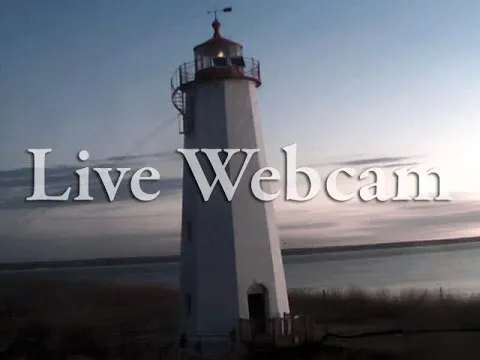







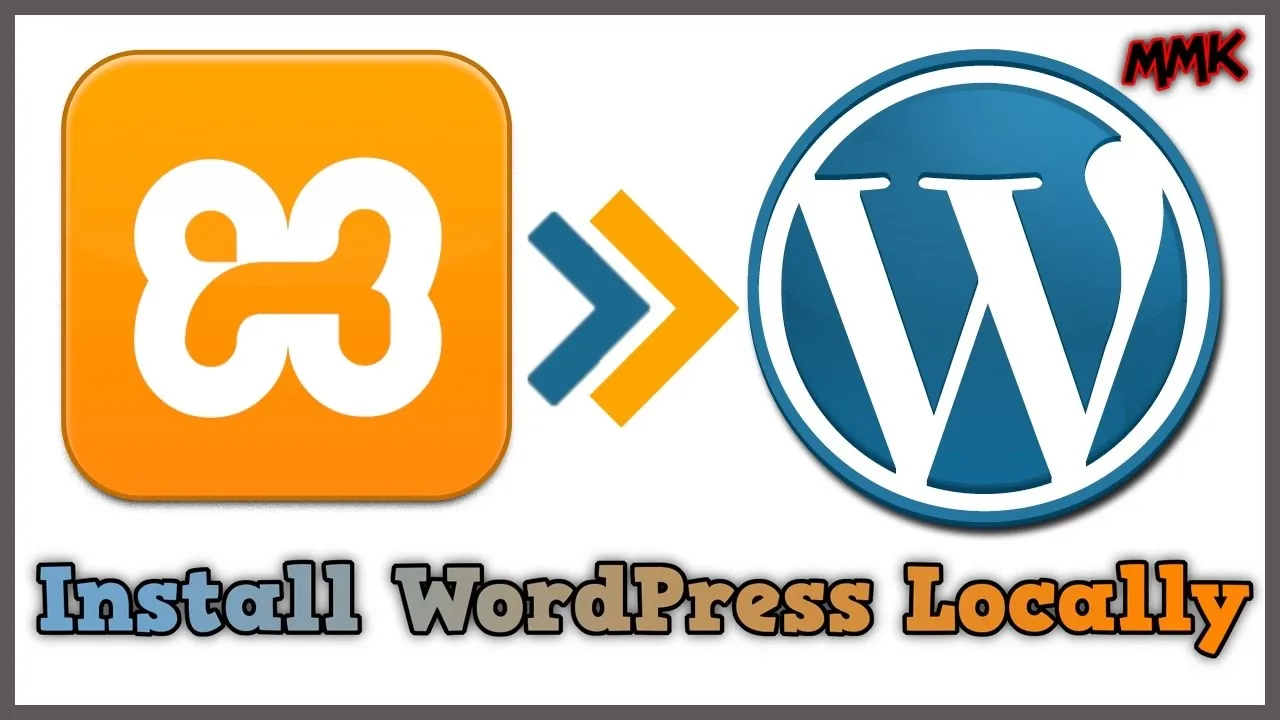

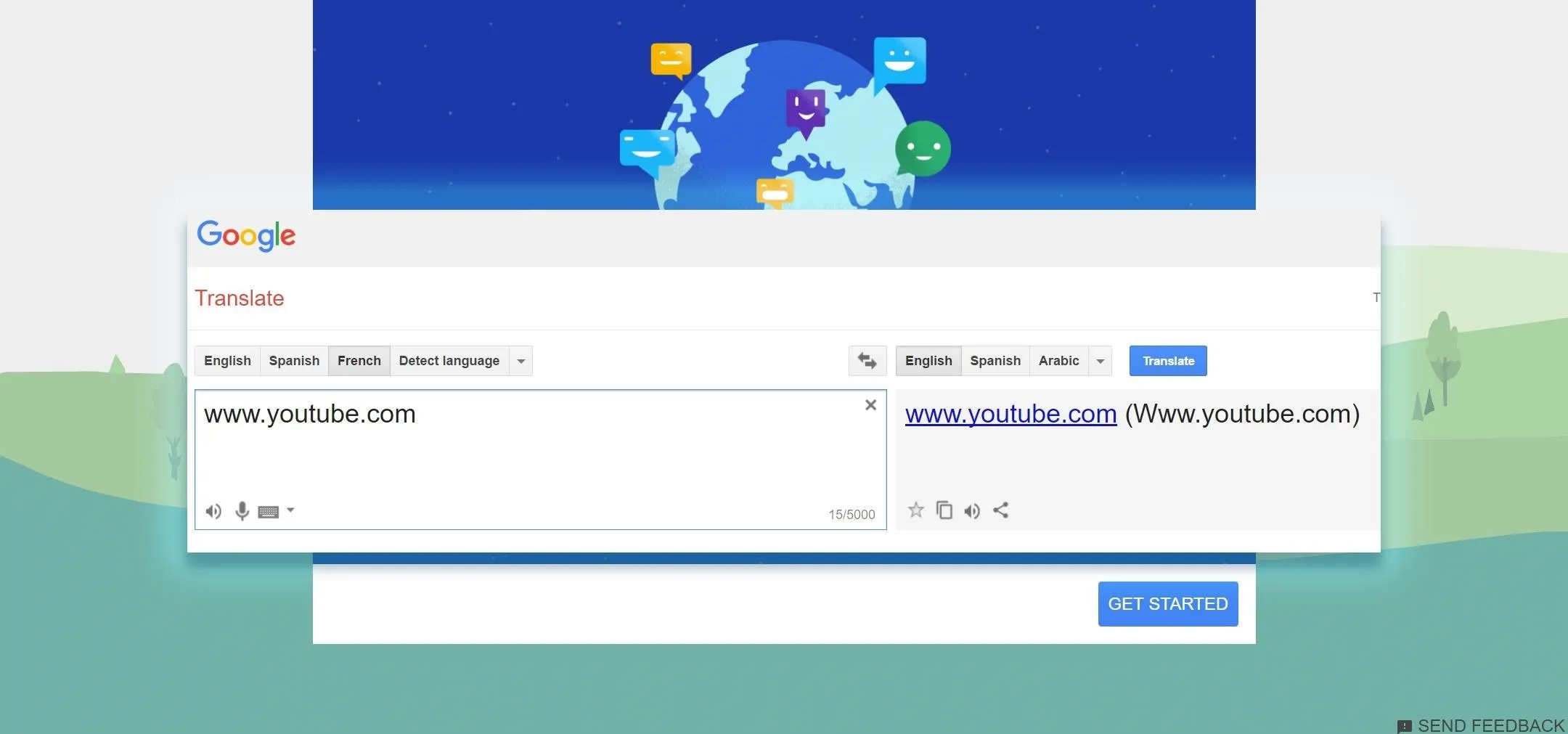
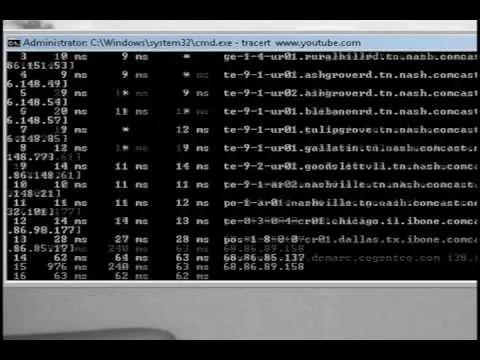


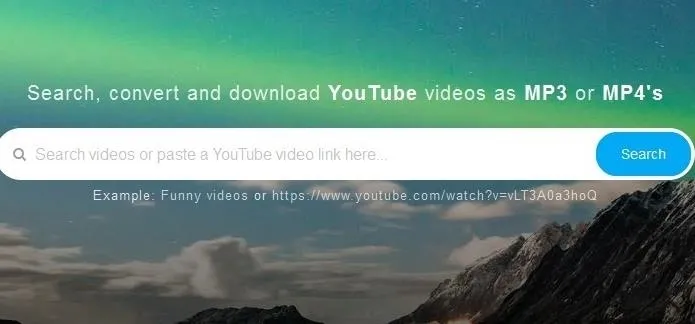
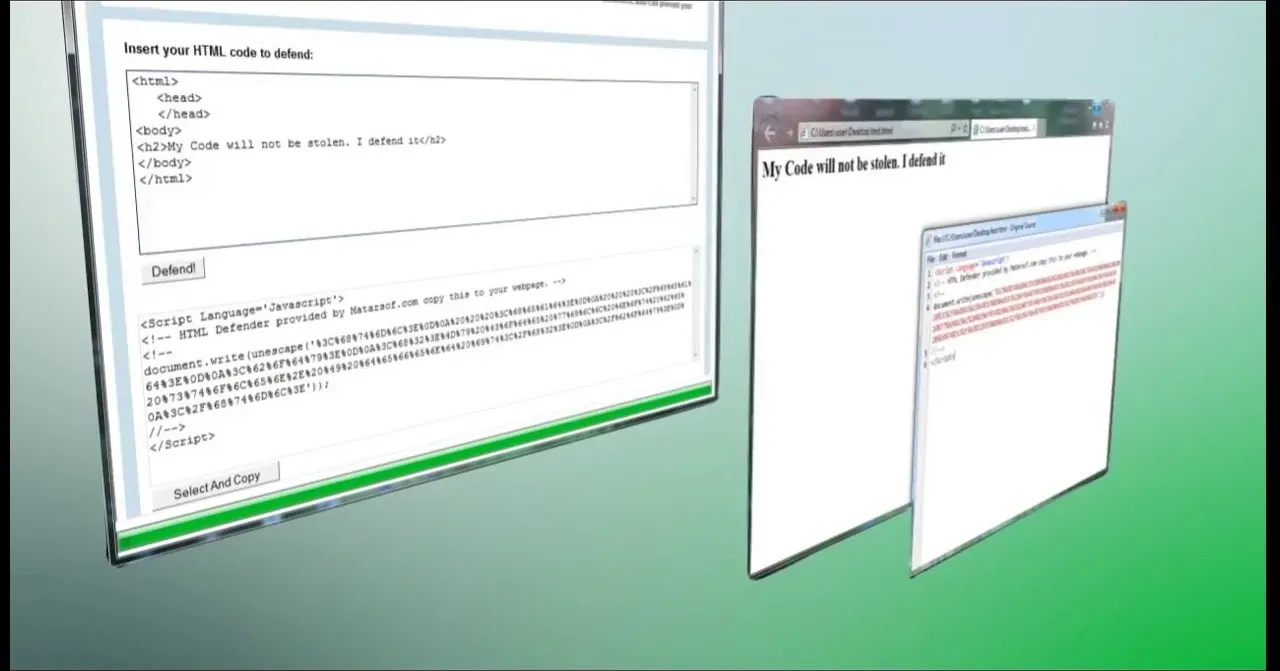
Comments
Be the first, drop a comment!